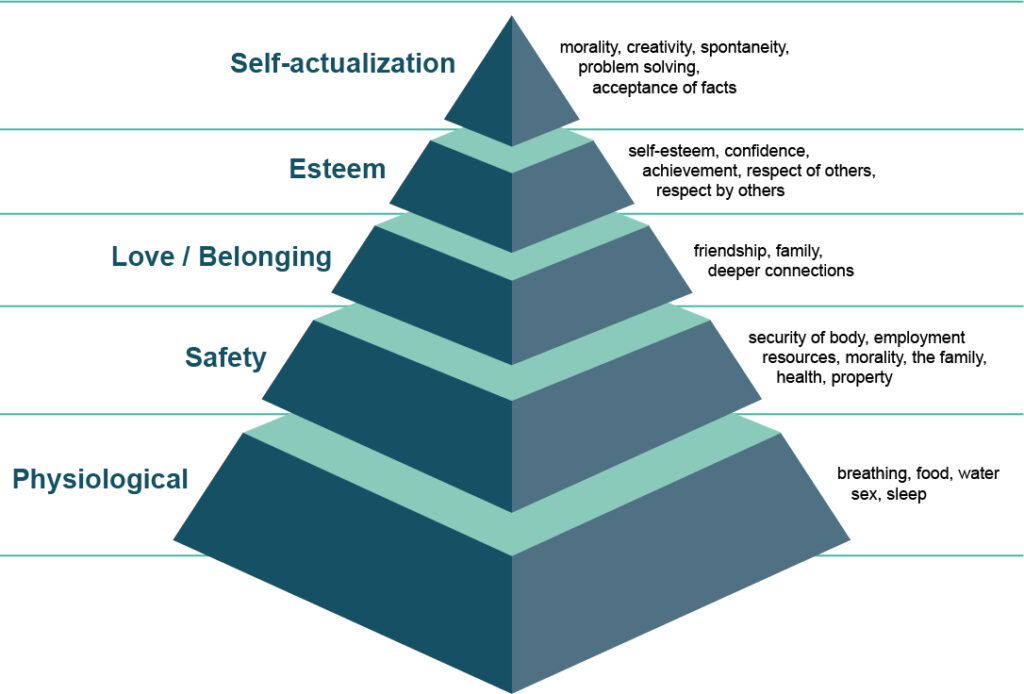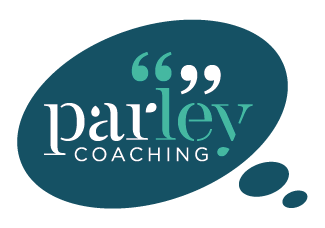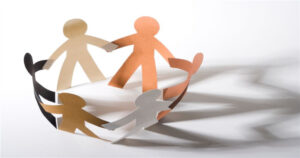“I wonder whether there is such a thing as a sense of individuality. Is it all a facade, covering a deep need to belong? Are we simply pack animals desperately trying to pretend we are not?”
Rabih Alameddine
My office has changed. The tarpaulin sheet that we have placed over a garden bed we hope to reclaim from neglect has moulded itself into small pools from overnight rain. Yesterday I saw a jay bathe itself in one of these pools. It washed itself and as it stood there, preening, the crest on the back of its head rose up.
Gone the distractions of my old working life. Shaking hands. Greeting people with a smile on a corridor. A conversation with my roommate. A trip to Association for coffee past the nice receptionist who knows each of our names.
As we re-engage with the commute and the office, I have been reflecting on what we have learnt about our need to belong. Much has been written about the impact of lockdown on stress, decreased wellbeing and depression. For many this in part stems from our loss of belonging. Belonging, originally meaning to be a proper part of, the opposite of which brings words to mind like ignored, excluded, lonely, detached, isolated. Words that to some extent feel familiar to all of us over this last year and a half and counting.
I will reflect on what I have learnt about my own need and how perhaps we need to be more thoughtful about satisfying this need as we move into the “new normal”. Behind the best returns to work will be a jointly conceived, better constructed sense of what it means to belong. It is an opportunity to thrive.
Our need to belong – the macro
The relationship we have with each other and our surroundings has been the subject of much musing over the last few years (Okay, centuries). Even before covid came along to pull at the heartstrings of our connections, we were starting to question the hegemony of our no holds barred capitalism, positing stakeholder capitalism instead. We reflected on what we were doing to our environment, in business terms turning thoughts to ESG and sustainable business practices. There has developed, I believe, a greater acknowledgement of the need to put society and relatedness back into the individual and our work.
Margaret Thatcher famously said, and has been both lauded and criticised for saying, that there is no such thing as society and it is worth exploring what she said in more detail:
“ I think we’ve been through a period where too many people have been given to understand that if they have a problem, it’s the government’s job to cope with it. ‘I have a problem, I’ll get a grant.’ ‘I’m homeless, the government must house me.’ They’re casting their problem on society. And, you know, there is no such thing as society. There are individual men and women, and there are families. And no government can do anything except through people, and people must look to themselves first. It’s our duty to look after ourselves and then, also to look after our neighbour. People have got the entitlements too much in mind, without the obligations. There’s no such thing as entitlement, unless someone has first met an obligation.”
Source: Prime minister Margaret Thatcher, talking to Women’s Own magazine, October 3 1987
Her words reflected a movement in society and a reaction to where the UK was before her arrival. Her influence on our society during my working life has been profound (I started university on the day she said these words). There is a political side to this that I won’t dwell on. But what is obvious is that between the lines there is a call to arms: to self-empowerment, to the striving self that she herself exemplified. Like many of my generation, our working lives became our problem, not one of entitlement. We became rather self-obsessed…
I did though then and still today question the primacy that this gave to self. Thatcher argued that we look after ourselves first and then perhaps a neighbour. A bit like the advice on taking emergency oxygen on a plane. My belief is that this was never enough. That it establishes a pecking order which conflicts with one of our most basic human needs: to belong.
Maslow’s hierarchy of needs

A little background on Abraham Maslow, the creator of one of the most legendary ideas in the history of psychology. He created it as a 35 year old Jewish psychologist of Russian origin who had left the bosom of a close-knit orthodox family, and who was searching for a more nuanced view of life’s purpose, which he chose to express in simple statements of needs.
Belonging is at the centre of this vision.
Think how often we put getting ahead before getting on. Think about how much the voice in our head tells us “You can do this” or more likely “You can’t do this”. Whilst no surprise given the prevailing macro view, is this always where we need to be?
And what do you feel about this question after experiencing the last 18 months?
Our need to belong – the micro
I spent almost no time pondering my need to belong until I felt I didn’t.
Many are far wiser than me – these reflections are not intended to preach. My recent history:
I no longer belonged to a law firm.
I no longer belonged to an office.
I no longer belonged to the legal profession.
(The above may be more about my transition to coaching from law and it was a transition that I largely loved!).
I no longer had colleagues to talk to about football, the weekend, the weather, our lives.
I no longer belonged to the commuter wolf pack.
I no longer had a suit (literally – a firepit ceremony).
I was no longer being asked to belong to anything!
Don’t get me wrong. I am a very happy coach who has found other places to belong, in particular among fellow coaches, and the sense of belonging increased as my business grew and my ability to help others developed. But no question that there has been a seismic change in this basic Maslow building block, and this has left me thinking of others, in particular now as the return to office beckons.
I am struck by a number of things as I coach:
Some clients talked about their work-life connections (about particular relationships, about how to become better connectors and influencers, how to create resilient, effective, cohesive teams).
Others did not.
I had to encourage them with questions such as “Who is helping you?”, “Who have you talked to?”, “Who can help you?” and “Who can you talk to?”. Often those with the most profound challenges are those who have been unable to build the right connections, sometimes through no fault of their own. They said many things, but in essence they were saying “I don’t belong”.
Relevance to the “new normal”
Any leader of an organisation has to embrace what Maslow told us all those years ago. Many organisations have been great at building the sense of belonging by clever communication and consistent application of mission and values. You are likely to feel greater belonging at somewhere of which you are proud. You will then help build its success and remain motivated within it. This is so much more than being individually productive, rewarded, an island. This is about leaders finding what connects its teams together beyond money.
On a personal level, I will enjoy the suburban home office working but know that I need to connect and I will be strategic and playful in how I satisfy this need.
What can you do?
What would Maslow tell you as you return to offices?
I would guess he would say something like: use this opportunity to reflect deeply on what you belong to, and whether it is satisfying your needs. If not, build out what you belong to, look for greater connection. If yes, don’t be complacent, invest in those relationships. Don’t be transactional about the relationships. After all this time apart be brave with intimacy, be curious about other people’s lives, let those lives in. You need this from work to belong.
He would believe that we could thrive together if those that have missed a sense of belonging come back with ideas as to how build belonging back. How it should be as much a KPI as many of the metrics given greater importance. How leaders and every one of us can make it part of what we expect from our work, just as much as we get self-esteem and reward. How it is a gift we should give to and expect from those we work with.

